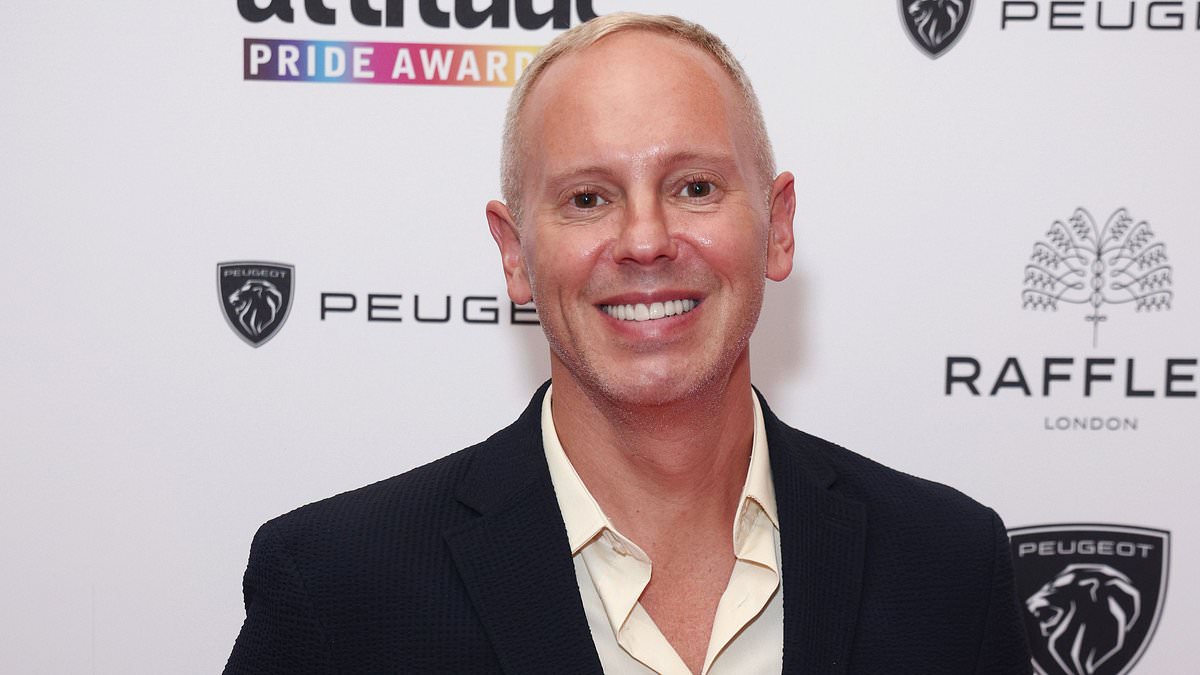Barrister and TV star Rob Rinder says he changed his anti-death penalty stance after finding out about the executioner who hanged a Nazi responsible for his grandfather’s torture.
The presenter’s grandfather, Morris Malenicky, escaped the death camps because he was a teenager and capable of working – so forced into slave labour at Buchenwald concentration camp instead.
Mr Rinder’s Jewish ancestors – great grandparents, as well as four great aunts and a great uncle – were murdered at Treblinka death camp during the Holocaust.
As part of research for his latest programme, Britain Behind Bars: A Secret History, Mr Rinder, still a member of the Bar although not currently practising, found out about one of the country’s last and most famous hangmen Albert Pierrepoint, who executed 200 Nazis, as well as a string of notorious UK murderers.
The 46-year-old said his experience as a defence barrister has always made him a staunch advocate of Article 2 of the Human Rights Act – the right to life – and against state executions.
But finding out about how Pierrepoint dispatched one of Buchenwald’s commanders, ‘responsible for torturing my grandfather’, Mr Rinder said: ‘It changed my view (against capital punishment).
‘It made me less confident (and see) that the issues are complex.’
Mr Rinder’s grandfather Mr Morris, a Lithuanian Jew, arrived in Britain as one of 300 ‘Windermere children’ – orphans who survived the Holocaust and were brought to the Lake District.
The television star, speaking at the Buxton International Festival, Derbyshire, learned about Pierrepoint while filming at Shrewsbury’s historic former prison for his latest series, currently showing on Channel 4.
He said the programme director invited him to read a two-page summary about Pierrepoint, who was appointed to be one of the hangmen after the Nuremberg trials of senior Nazis following the end of World War Two.
The first page was about the hangman as a person, including a grim tale of how he executed a string of prisoners on one day ‘two by two’, adding: ‘I did it early, because I wanted to be home to have my supper in time.’
But Mr Rinder recalled how the director then urged him to ‘have a sip of Scotch’ before turning over the page to find a list of the notorious criminals Pierrepoint had dispatched at the gallows – including Nazi figures.
‘One of them was at Buchenwald, who was personally responsible for torturing my grandfather.
‘The director asked me, ‘so what do you think (of capital punishment) now?’
The programme, which began last week, saw Mr Rinder visit three prisons in total, also including Dartmoor, Devon, and Shepton Mallet, in Somerset.
The barrister spoke out against repeatedly sending prisoners to jail for short periods without proper rehabilitation.
He said: ‘What’s fascinating in terms of short-term sentences is we’ve been doing the same thing again and again over the years, expecting a different outcome, which is the definition of madness.’
During the talk, Mr Rinder also confirmed he would be filming another series of The Grand Tour, with fellow television presenter Rylan Clark – which has been rumoured since the first series aired in May.
Asked by an audience member about his next project, he replied: ‘The next series will be another tour with Rylan. I don’t think it’s been announced (yet).
‘I don’t make telly for telly’s sake. There’s a reason we went on the Grand Tour – we were exploring something personal for ourselves and it was something cultural as well.’
But as well as exploring art and culture in Rome, Florence and Venice, Mr Rinder told how he and Mr Clark came under homophobic abuse – and had to be saved by four elderly women.
He likened the ‘four Nonnas’ to Roman soldiers, saying they formed a ‘Praetorian Guard’ around the pair in Venice and walked them to St Mark’s Square after they were insulted while being filmed dressed in drag.
